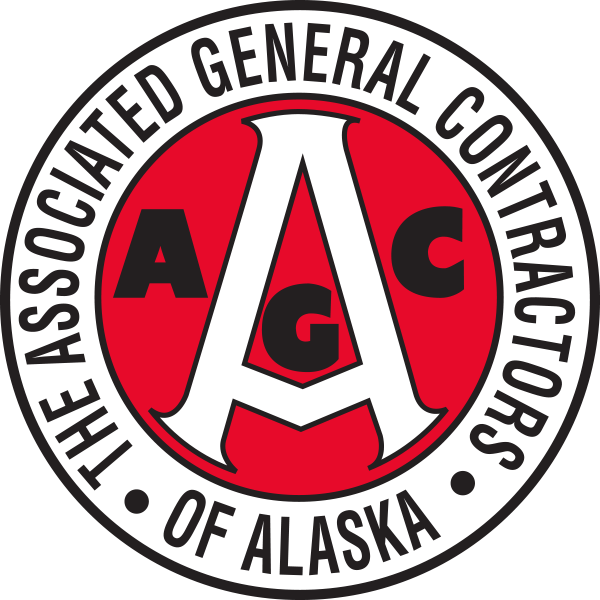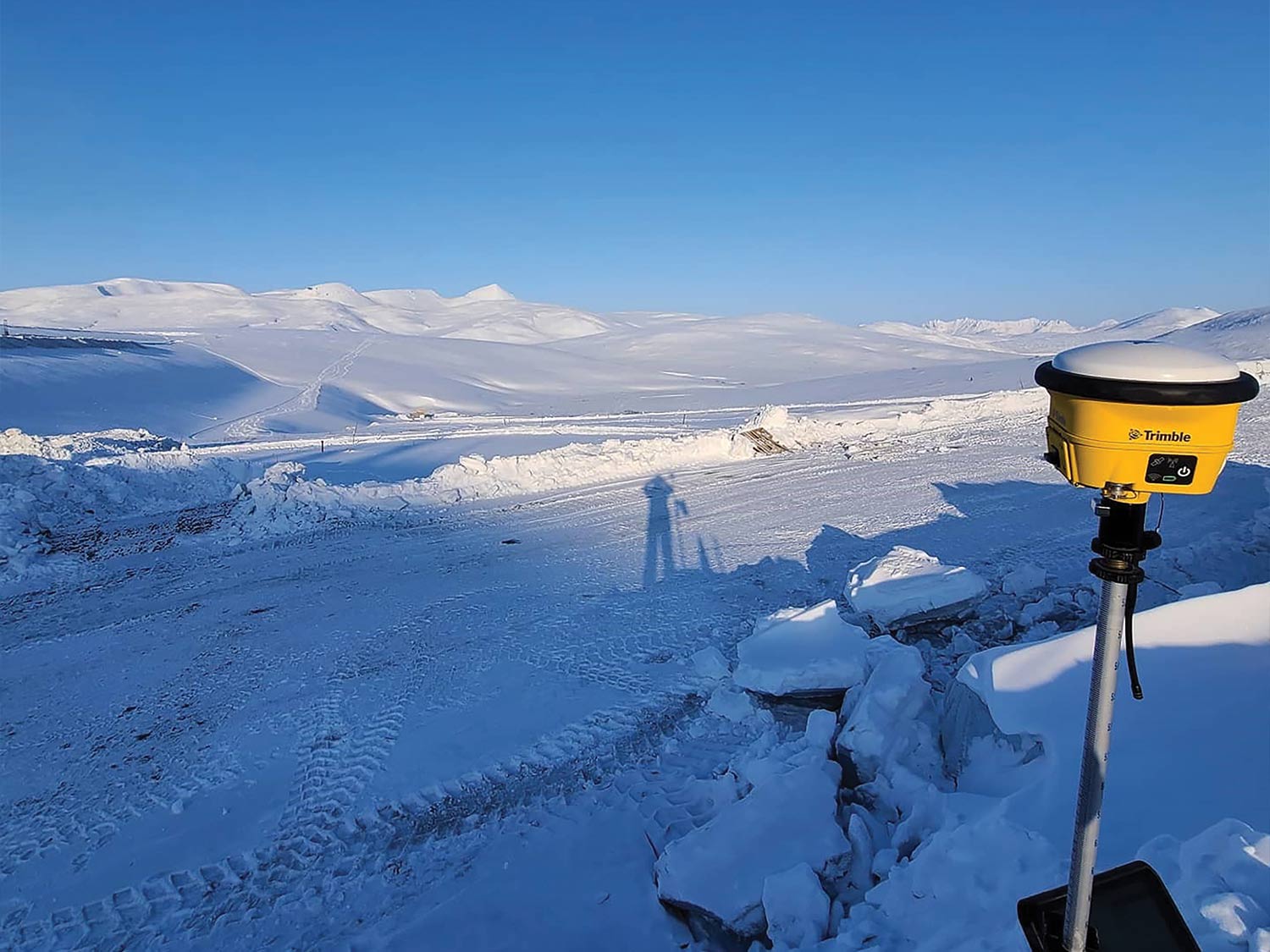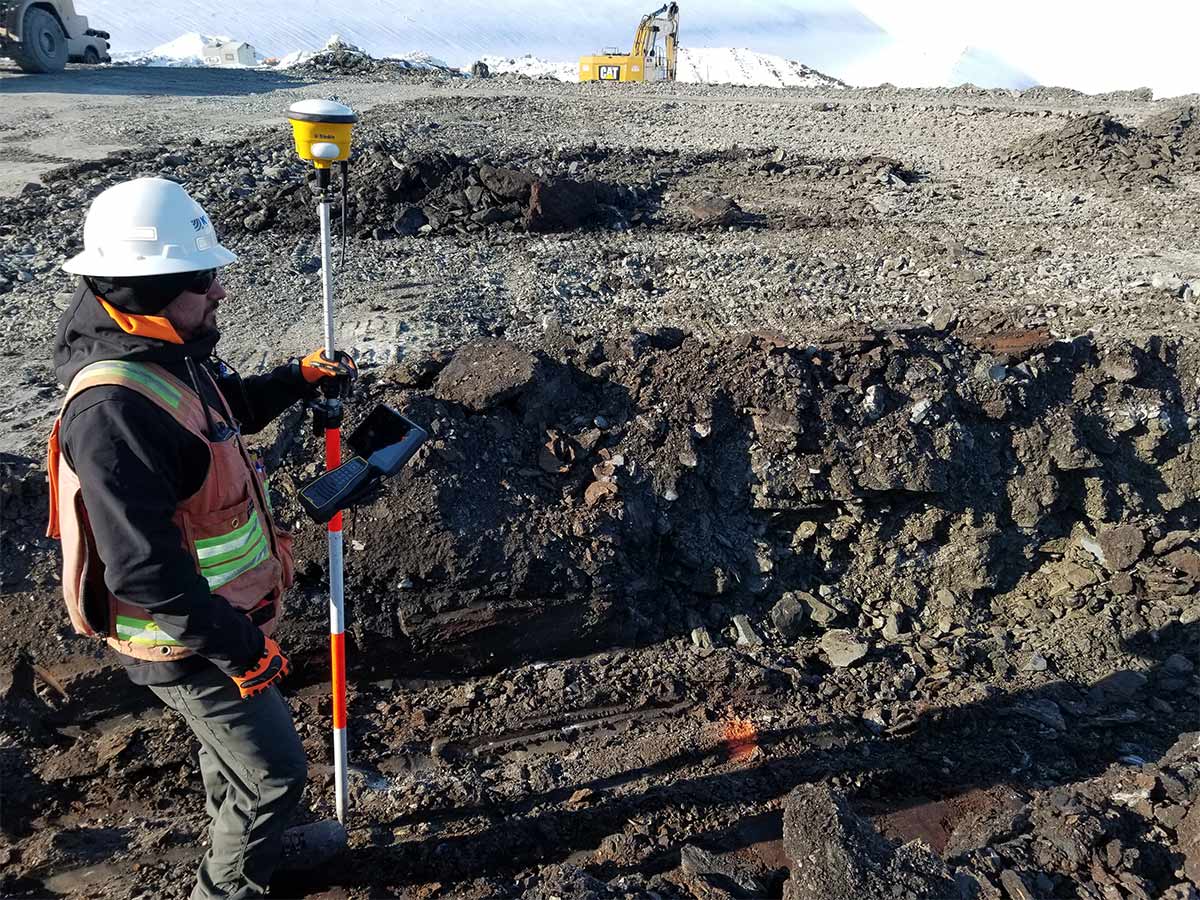
After four decades of business in Alaska and the Lower 48 and a handful of names, the company decided on Kuna Engineering in 2018.
Photo courtesy of Kuna Engineering
After four decades of business in Alaska and the Lower 48 and a handful of names, the company decided on Kuna Engineering in 2018.
Photo courtesy of Kuna Engineering
he Iñupiaq values of honesty, integrity, commitment, and respect are how Kuna Engineering conducts business.
“We pride ourselves on building on the Native values,” says Suzanne Taylor, Kuna’s director of marketing and communications, who has been with the company for nearly two decades.
Kuna Engineering provides services ranging from water resources and rural development, architecture, commercial facilities engineering, surveying and geospatial services, civil engineering, and transportation and environmental services. In addition to civil, they also have environmental, mechanical, electrical, and structural engineers.
“We’re really a one-stop shop for all architecture and engineering-design services—and certainly survey fits into that as well,” says Taylor Moore, a professional land surveyor who has been with Kuna for two years.
“Aside from traditional land surveying, we do a variety of reality capture and mapping, a gamut of services using different modern technologies,” says Moore. “Our group of surveyors—we call it surveying and geospatial services.”
After several name changes, three owners, and thousands of projects completed in Alaska and the Lower 48, Kuna Engineering remains a 100% Alaska Native-owned company.
The company was formed in 1981 under Arctic Slope Regional Corporation as a subsidiary: Arctic Slope Consulting Engineers, to serve the infrastructure development needs of Native communities.
In 1987, the company became Arctic Slope Consulting Group. As part of its expansion into the Lower 48, the company changed its name to ASCG Incorporated. And in 2008 it changed its name to WHPacific Incorporated. Between all of those name changes were many business milestones, like becoming a subsidiary of NANA Development Corporation, the business arm of NANA Regional Corporation, in 2005, then being sold by NANA and re-acquired again.
Taylor says NANA chose to reduce its Lower-48 presence and to sell WHPacific in the process in 2018. NANA resumed ownership of WHPacific’s Alaska branches as part of its focus on growth in the state a few months later. The Alaska branches were renamed Kuna Engineering in 2018, with offices in Anchorage and Utqiagvik. In one final name change, NANA Development Corp. was converted to Sivu LLC in September 2020.
“Kuna is actually the geologic formation in which Red Dog Mine’s assets lie. It’s a really cool name for us, it’s like saying that we are part of what makes the NANA region profitable,” says Suzanne Taylor. “We do a lot of work for Red Dog Mine. We’re branching into some of the other mining operations here in Alaska, which is great. We also have done a lot of work and continue to do quite a bit of work on the North Slope with their infrastructure. We have to compete for it, but we’re still there.”
Kuna’s surveyors have worked on projects from the Red Dog Mine to the trans-Alaska pipeline system.
Photo courtesy of Kuna Engineering

Kuna’s surveyors have worked on projects from the Red Dog Mine to the trans-Alaska pipeline system.
Photo courtesy of Kuna Engineering
Martin Petrucha, engineering manager at Teck Alaska, which operates Red Dog Mine, says the two companies have had a long relationship, starting from Kuna’s inception. He said Kuna has provided support on the engineering and environmental studies required for Red Dog Mine to proceed.
Photo courtesy of Kuna Engineering

Photo courtesy of Kuna Engineering
“The people and management at Kuna are very eager to work with Teck (Red Dog) and very accommodating with the strange site requirements, especially with recent COVID restrictions,” Petrucha says. “We have various opportunities to utilize Kuna’s services including engineering services offered from Anchorage, on-site evaluations or studies, and individual secondments to support longer-term efforts… Kuna has been very accommodating in meeting tight deadlines and specific Alaska permitting requirements.”
“We do have processes to eliminate potential for error, but nobody is perfect and there is always potential for something to come up,” says Taylor Moore. “How we respond when there is some sort of question or maybe error on our part—how we respond and go about remedying the situation is something that sets us apart as well.”
Kuna Engineering has been an AGC member since 2004. Taylor Moore says that Associated General Contractors of Alaska has been a good space to find opportunities and create contacts in the industry.
“It’s a great forum for businesses that are in the industry—being able to find that network and find the exact kinds of other entities that we need for particular jobs. And, hopefully they can find us, too,” he said.